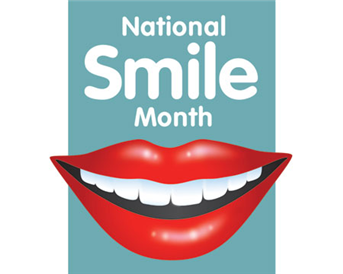The Real Cause of Tooth Decay

Why we get tooth decay can seem perplexing at times: some of us seem more susceptible to tooth troubles than others, despite good diets and rigorous oral hygiene habits. Why is it that some people are able to forgo brushing and flossing without suffering the consequences? Some African tribes merely rub at their teeth with twigs, if any oral hygiene measures are adopted at all, and yet still have white, straight smiles to rival that of the US.
We may fully comprehend the biochemical mechanism involved in tooth decay but is something more fundamental than hygiene and sugar the missing piece in our understanding?
It has been suggested that it is our teeth themselves that make all the difference: our modern-day diets limit the self-strengthening capacity of teeth, thus making them somewhat defenceless against tooth decay, and it is this that may be the real cause of our troubles. Teeth are formed of layers, the top layer of which is heavily calcified with minerals that need near constant replacement throughout life to maintain strength. Bacteria are able to attack this mineralised layer, penetrating it and initiating decay: our only defence is the speed with which our teeth can re-mineralise themselves with the dietary minerals in our saliva. Bacterial attack on teeth is not an unnatural process: our teeth are just no longer able to cope with it because of deficiencies in our diets.
So how is our modern diet deficient? Dr Weston Price, a dentist who researched the connection between nutrition and dental decay, found that indigenous groups who regularly ate organic greens from healthy soil and unpasteurised dairy products showed the greatest resistance to dental decay of all populations studied. Westernised diets are often low in these substances. Furthermore they are often deficient in fat-soluble vitamins such as vitamin D, which is necessary for adequate absorption of minerals like calcium and phosphorus, both of which are key in the re-mineralisation of teeth.
To get calcium and phosphorus from our diet we need dairy products, green leafy vegetables and grains, for example. There are arguments that westernised diets do not contain enough of these and that mineral levels in food are watered down: our soils are often deficient in phosphorus, resulting in vegetables with low mineral content, even when grown organically. To obtain the maximum mineral content from a vegetable, it should be grown organically and eaten raw. Dr Price found that Australian Aborigines with a native diet contained five times the calcium level and six times the phosphorus level compared with those who adopted the modern Australian diet.
But obtaining the right levels of calcium and phosphorus is only half the battle: we also need to be able to absorb these minerals. To do this we need an adequate supply of vitamin D, which aids in the absorption of both calcium and phosphorus. Vitamin D is available mostly from animal-based products like liver, fish, milk and eggs, which makes it very hard to consume as part of a strict vegetarian or vegan diet. Consequently, vegans often suffer from an array of dental problems. You can also get vitamin D from sunlight, but this can be difficult depending on where you live and the levels of pigmentation in your skin.
To absorb our minerals we also need healthy digestive systems; many westerners have inadequate absorption from years of eating processed, denatured foods and these days conditions such as irritable bowel syndrome are common.
So maybe modern-day dental preventative care is missing the point. Perhaps by turning back the clocks on our diets and adopting a more native approach to eating, dental hygiene and sugar restrictions can take more of a back seat. But I can’t see many people swapping their electric toothbrushes for twigs any time soon.
Posted in: General Dentistry
Leave a Comment (2) →









